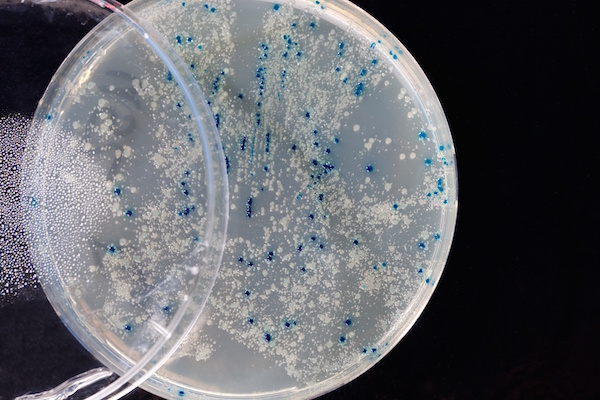
MONDAY, March 22 (HealthDay News) — What began as a family trip to Switzerland in 2008 ended up as a public health nightmare in California.
The family’s 7-year-old boy, who was intentionally unvaccinated against measles, was exposed to the virus while traveling in Europe. When he returned home to San Diego, he unknowingly exposed a total of 839 people, and an additional 11 unvaccinated children contracted the disease.
Three of those infected were babies, too young to have yet received the measles vaccines, and one of the babies was hospitalized for three days with a 106-degree fever, according to a report to be published in the April issue of Pediatrics.
“Measles is just a plane ride away, including places like Switzerland and the U.K.,” said one of the researchers, Dr. Jane Seward, deputy director of viral diseases at the National Center for Immunization and Respiratory Diseases at the U.S. Centers for Disease Control and Prevention.
“This study serves as a reminder that measles can be a very serious disease that can lead to severe complications and death, and that the measles, mumps, rubella [MMR] vaccine is highly effective and the best way to prevent measles. It’s also a reminder that people who choose not to vaccinate don’t just put themselves and their children at risk, but also their communities, which includes infants who are too young to immunize,” she said.
This 2008 outbreak was the first in San Diego since 1991, according to the report. Before the introduction of the measles vaccine in 1963, as many as 500 children died each year from the measles, and nearly 50,000 were hospitalized annually in the United States because of the virus, according to background information in the report.
In recent years, however, the virus has resurged as many parents choose not to vaccinate their children, often because of fears about serious side effects. In fact, a recent study from the University of Michigan found that even among those who do vaccinate, more than half are concerned about serious side effects. Many of these fears stem a reported link between the MMR vaccine and autism. This link has been disproved in numerous studies, however.
“There are several reasons why parents are choosing not to vaccinate,” said study co-author Albert Barskey, a CDC epidemiologist. “Some are afraid of adverse events, and a lot of these fears are unfounded. Others feel that if their child does get sick, the current health-care system can take care of any unfortunate events, and some just don’t see measles as a risk. They don’t think it’s in this country any more and don’t think of traveling to Europe as a place where they might contract measles.”
The San Diego outbreak, which Seward said was quickly and aggressively contained by the public health department, cost about $177,000 to get under control. Those costs include direct medical charges, the cost of quarantining those exposed, plus the expense of state and county personnel involved in containing the outbreak.
At the charter school that the 7-year-old with measles attended, 11 percent of the children were unvaccinated for measles. While state, or even county-level vaccination numbers may be high, pockets of areas exist where much higher numbers of children are unvaccinated, Barskey said.
Parents who intentionally under-vaccinate tended to be white, college-educated and have an upper or middle-income level, the study found. Many believe that living a “natural lifestyle” will protect their children against vaccine-preventable illness, according to the study.
“There’s definitely a lack of appreciation of measles and what it can do,” said Dr. Paul Offit, director of the Vaccine Education Center and chief of infectious diseases at Children’s Hospital of Philadelphia. He said that in a recent Indiana outbreak, a 17-year-old girl was infected with measles on a trip to Romania, and when she came home she went to a church picnic attended by about 500 people. Of that group, 35 were unvaccinated. Three people out of 465 vaccinated got measles, while 31 out of the 35 who were unvaccinated contracted the disease, Offit said.
“That’s how highly contagious measles is,” he said, pointing out that these people were at an outdoor church picnic, likely without sustained exposure to the infected teenager.
“Parents need to realize that a choice not to get a vaccine is not a risk-free choice,” said Offit.
Seward recommended that parents who are concerned talk with their child’s pediatrician about the risks and benefits of childhood vaccines, as well as the risks of childhood diseases.
More information
Learn more about measles and the measles vaccine from the U.S. Centers for Disease Control and Prevention.

